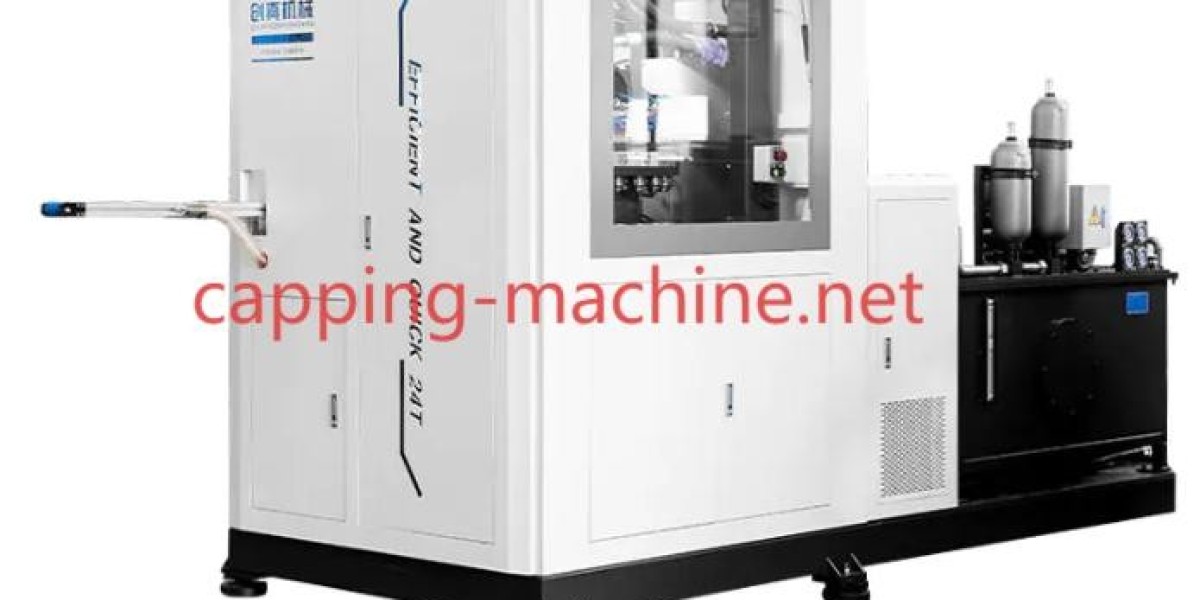In a manufacturing environment where product quality, production efficiency, and environmental impact are tightly interwoven, the Plastic Cap Compression Molding Machine has emerged as a core asset for high-volume cap production. As global industries pursue smarter manufacturing, the Plastic Cap Compression Molding Machine has helped streamline workflows, reduce costs, and respond to the growing complexity of market demand.
With global beverage, cosmetics, and pharmaceutical brands requiring millions of bottle caps daily, manufacturers face unprecedented pressure to deliver consistent quality and fast turnaround times. Traditional injection molding, once the standard, often falls short when it comes to energy efficiency and material utilization. Compression molding, by contrast, allows caps to be formed from pre-measured pellets under direct compression, minimizing scrap and boosting precision.
Unlike systems that rely on extensive runner systems or complex gating, compression molding offers a cleaner, simpler process. Each cavity is filled with just the amount of polymer required, drastically reducing the risk of flash, warping, or inconsistencies. For industries seeking to minimize post-processing and enhance uniformity across high-capacity production lines, this presents a distinct advantage.
In the face of rising global energy costs, sustainability is no longer just an ethical choice—it's an operational imperative. The machines developed by TaiZhou ChuangZhen Machinery Manufacturing Co., Ltd. are engineered with energy-efficient motors and optimized cooling systems, allowing companies to cut electricity use by 30–40% compared to injection alternatives. This shift not only lowers operational expenses but also aligns with environmental regulations and ESG goals.
Further, the technological sophistication of compression systems continues to improve. Today’s models offer real-time control of pressure, temperature, and molding cycle speed—critical variables that directly impact cap integrity. These advancements ensure that every cap meets dimensional tolerances and sealing standards, especially vital for products stored under pressure, such as carbonated beverages or chemical containers.
The adaptability of compression machines is another key reason they are replacing traditional lines. From 28mm standard water bottle caps to more complex flip-top or sports closures, tool changeovers can now be completed in minutes, not hours. For companies managing multiple product lines or working with seasonal production spikes, this flexibility leads to higher throughput and better asset utilization.
End-users also benefit indirectly from this technology. Caps made via compression molding tend to have smoother finishes, more secure fits, and reduced micro-defects—improving sealing performance and customer satisfaction. In sectors like food and medicine, where contamination risk must be kept to an absolute minimum, the cleaner process of compression molding adds a critical layer of safety.
Material efficiency is also playing a significant role. As companies transition to recycled HDPE or bio-based plastics, compression molding systems handle these compounds more gently due to the lower temperatures involved. This reduces degradation and helps maintain the mechanical properties of environmentally friendly materials.
As regulatory standards evolve, such as the European Union’s upcoming mandates on tethered caps and plastic waste reduction, cap manufacturers will need equipment that can not only meet volume demands but also adapt quickly to new shapes and designs. Compression molding provides that adaptability without requiring costly hardware overhauls.
Whether you're a bottle cap manufacturer scaling up production or a packaging brand seeking better quality control, compression molding opens up a pathway to consistent performance and long-term savings. Its combination of precision, speed, and sustainability speaks directly to the direction of modern industry.Explore how TaiZhou ChuangZhen’s advanced molding systems can help you stay competitive: https://www.capping-machine.net/news/industry-news/plastic-cap-compression-molding-machine-everything-you-need-to-know.html .








